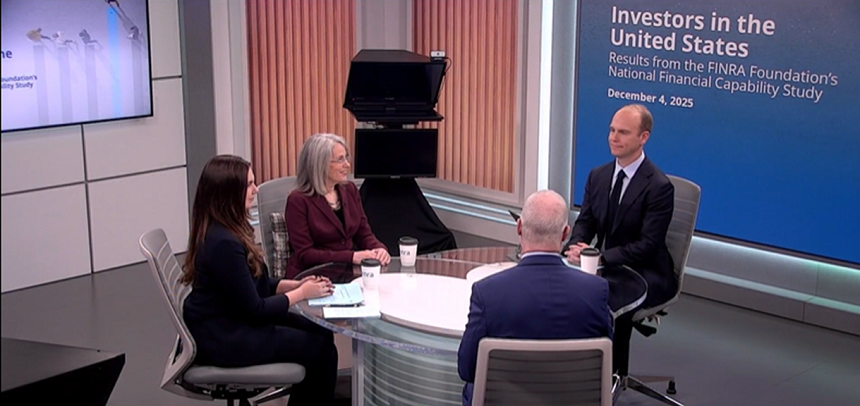Media Center
Latest News

Statistics
Select FINRA and securities industry data.
Resource Center
Learn about what it means to be regulated by FINRA and the safeguards the self-regulatory organization provides investors
Search the FINRA Disciplinary Actions Online database
FINRA Arbitration Awards database
List, status and details of FINRA rule filings
Disciplinary actions against firms and individuals for violations of FINRA rules; federal securities laws, rules, and regulations; and the rules of the MSRB
Annual report on how FINRA manages our finances to support our mission of protecting investors and promoting market integrity.
Annual statistical report on registered representatives, brokerage firms, and market activity
Insights and observations from recent activities of FINRA’s regulatory operations

FINRA Foundation
The FINRA Foundation helps Americans build financial stability, invest for life goals and guard against fraud



